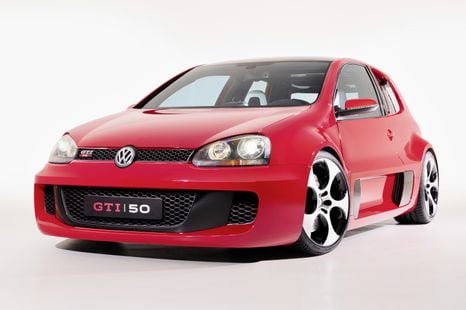

Derek Fung
Volkswagen revisits W12 and roadster concepts for Golf GTI's 50th birthday
40 Minutes Ago
From 2025, Bank Australia will only offer loans for used fossil fuel-powered vehicles and will stop offering them for new vehicles.

News Editor
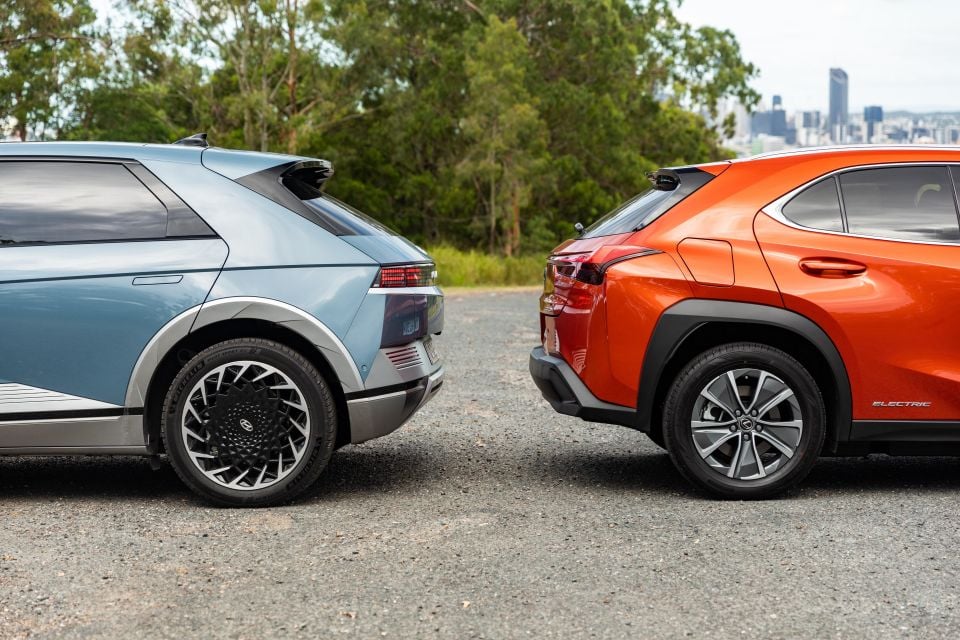

News Editor
Want to get a loan for a new diesel ute or petrol-powered car from Bank Australia? You’re out of luck, at least beyond 2025.
The Australian financial institution announced it will cease funding car loans for new fossil-fuel vehicles from 2025.
It’s part of a commitment, announced earlier this year, to reach net zero carbon emissions by 2035 – a commitment it says no other Australian banks have made.
It announced the decision at the National Electric Vehicle Summit in Canberra, citing the significant contribution – 43 per cent – passenger vehicles make to Australia’s overall transport emissions.
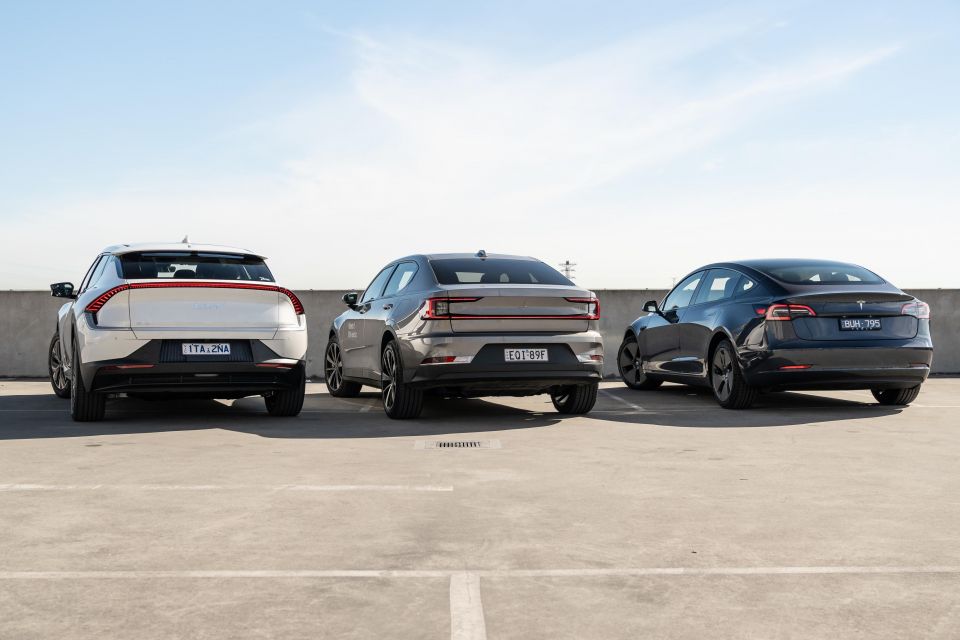
“By ceasing car loans for new fossil fuel vehicles, we are sending a signal to the Australian market about the rapid acceleration in the transition from internal combustion to electric vehicles we expect to see in the next few years,” said Bank Australia chief impact officer Sasha Courville.
“We’ve chosen 2025 because the change to electric vehicles needs to happen quickly, and we believe it can with the right supporting policies in place to bring a greater range of more affordable electric vehicles to Australia.
“We think that the responsible thing for us to do next, is to ensure that our vehicle lending doesn’t lock our customers in to higher carbon emissions and increasingly expensive running costs in the years ahead.”
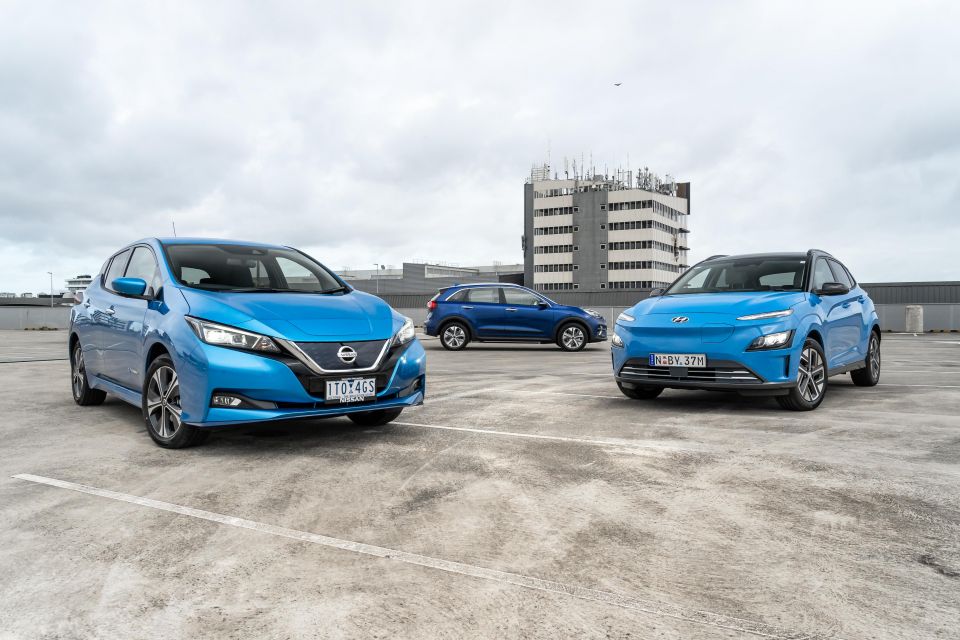
It isn’t abandoning customers who need a loan for used combustion-powered vehicles, however.
Bank Australia says it will continue to offer loans for second-hand fossil-fuel vehicles “until there is a viable and thriving market for electric vehicles” as it’s “deeply aware that we need to support people not yet able to afford an electric vehicle while the market grows”.
Dr Courville called the announcement “the beginning of a conversation with our customers” and a signal to the wider market that buyers should consider an EV not only for the impact on the climate but also for lifetime cost savings.
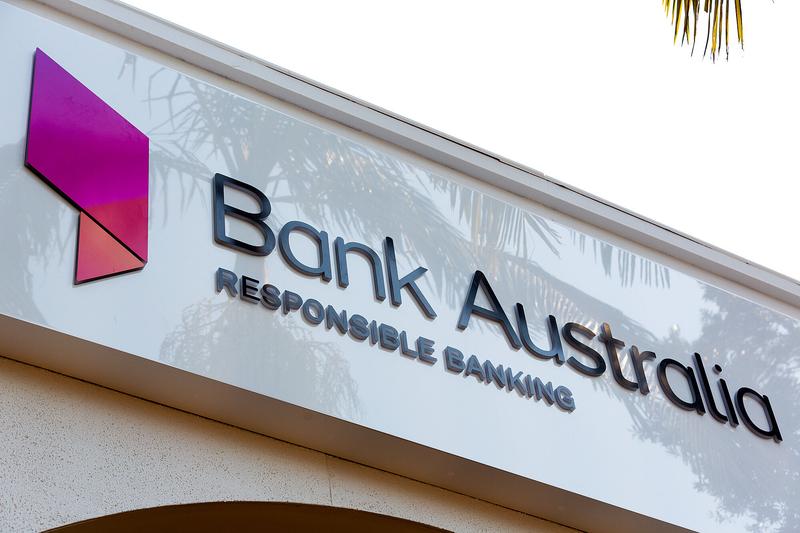
Bank Australia has long positioned itself as a more progressive, sustainable financial institution, announcing in 2019 it had become the first bank in the country to switch to 100 per cent renewable electricity.
It says it has never invested and will never invest money in fossil fuels, and says it has been carbon neutral since 2011.
It’s incentivised low-emission vehicles before, introducing a carbon offset car loan in 2004 and discounted interest rates for low-emission vehicles in 2018.
It’s not the only financial institution that’s trying to steer customers towards EVs.
Sydney-based Pepper Money has partnered with public charging company Evie Networks to offer eligible finance customers 12 months’ worth of public charging at no cost.
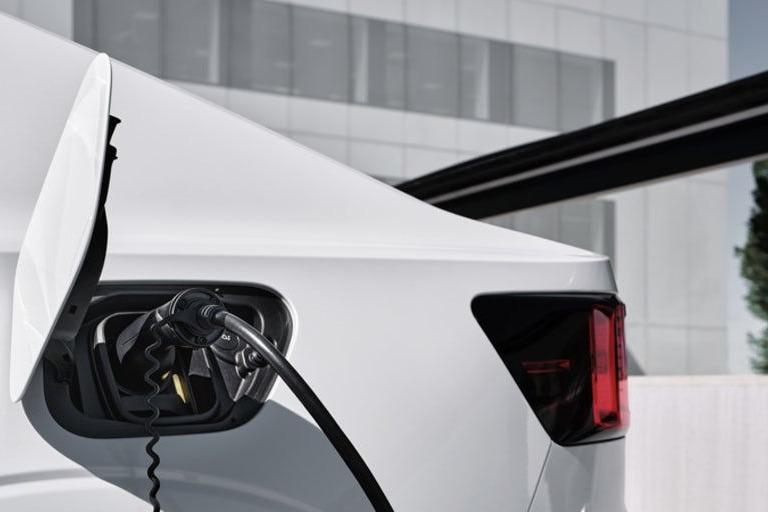
Last week’s National Electric Vehicle Summit also coincided with the new Albanese Labor Government’s announcement it would get the ball rolling on a National Electric Vehicle Strategy.
It’ll soon start taking submissions from the car industry and other stakeholders.
The core policy to be addressed is the belated introduction of fuel efficiency standards and the application of a binding tailpipe CO2 reduction scheme, which the car industry and other stakeholders have long said is essential to unlock greater EV supply.
“The lack of such standards in Australia is cited as one of the factors impacting the supply and cost of EVs,” contends Climate Change and Energy Minister Chris Bowen.
“Why? Because while Australia doesn’t show leadership, manufacturers prioritise markets which do.”

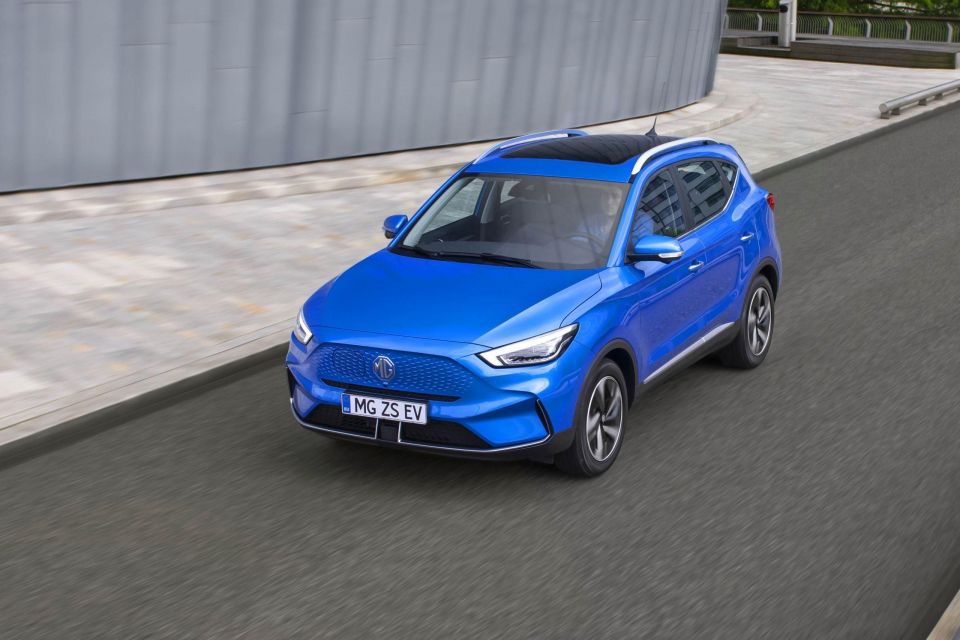
So far, EV incentives have largely been delivered not by the Federal Government but by the various state governments, including direct rebates.
However, the new Albanese Labor Government introduced an EV incentives bill to Parliament in July.
The legislation (called a Treasury Laws Amendment) exempts low-emissions cars from fringe benefits tax (FBT), potentially saving employers and private vehicle operators thousands.
MORE: What electric car buyer incentives are offered across Australia?
William Stopford is an automotive journalist with a passion for mainstream cars, automotive history and overseas auto markets.


Derek Fung
40 Minutes Ago
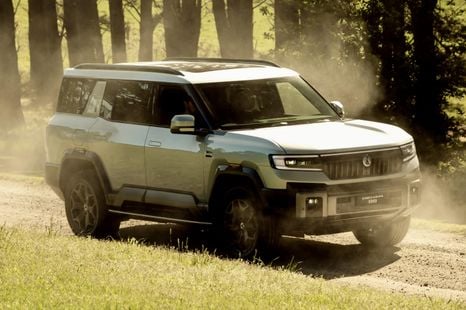

Max Davies
7 Hours Ago
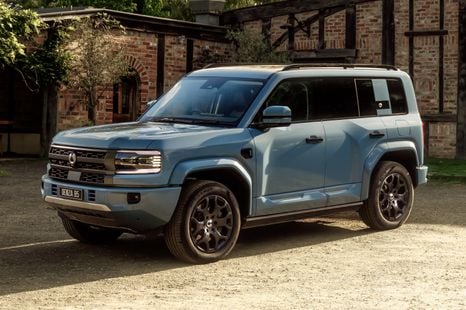

Max Davies
7 Hours Ago
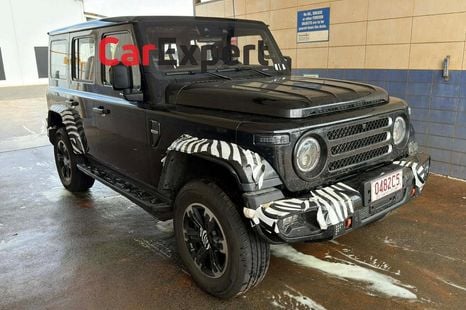

William Stopford
23 Hours Ago
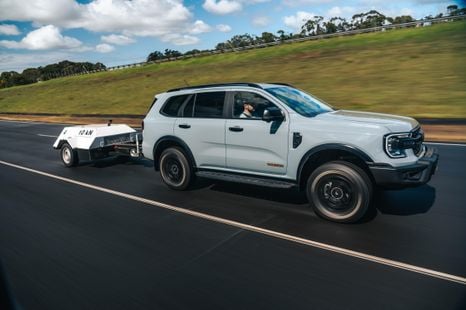

William Stopford
23 Hours Ago
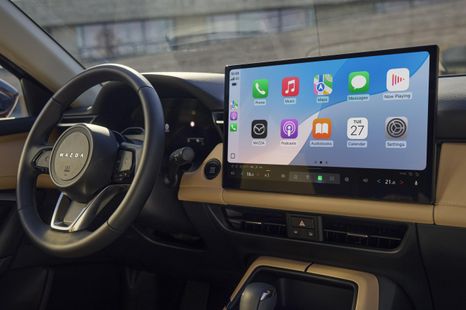

Derek Fung
23 Hours Ago
Add CarExpert as a Preferred Source on Google so your search results prioritise writing by actual experts, not AI.